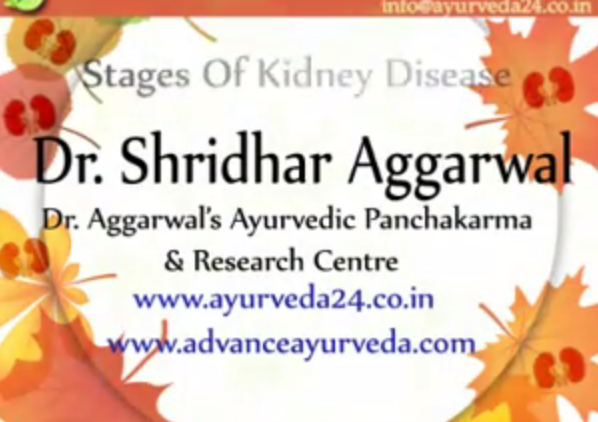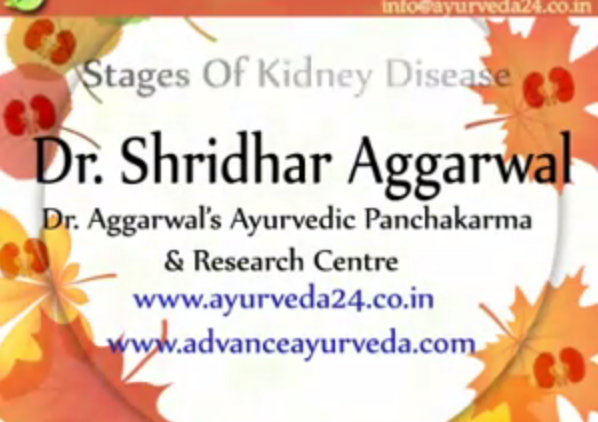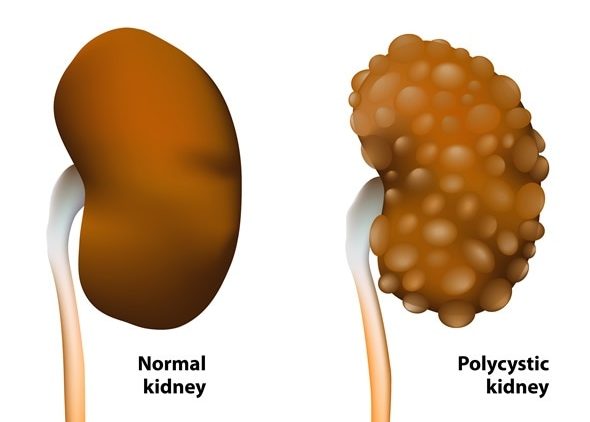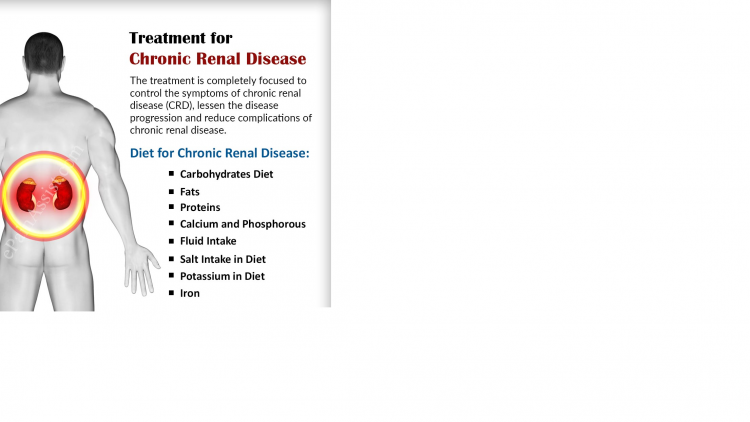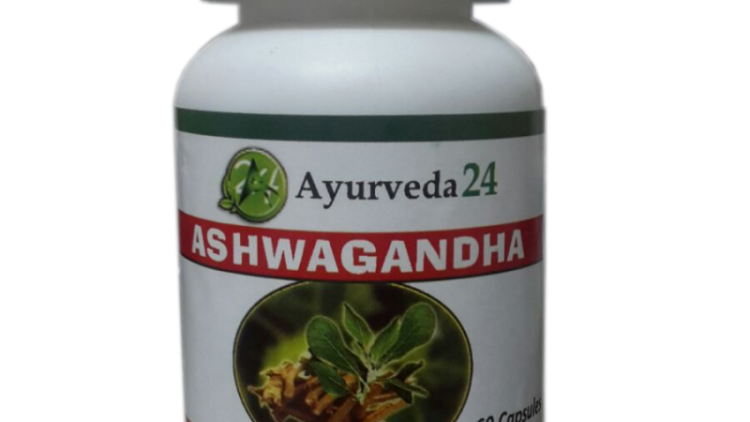
Health Benefits of Using Ashwagandha
Benefits of Using Ashwagandha:- Ayurveda, 5000-year-old science, has an answer for every ailment of the body. The point is we are not aware of it. Nature is loaded with herbs which has so much potential to maintain body health and treat diseases.
It has a remarkable effect on renewing body energy levels. Ashwagandha is one of those herbs which is termed as Rasayana & can be taken for a long duration without any negative side effects.
Today we call ourselves modern and westernized. But in doing so, we have also ruined our lifestyle. One of the major drawbacks of today’s lifestyle is “Stress”. Stress is a state of emotional or mental strain or tension, which can lead to underperformance and adverse clinical conditions. Adaptogens are herbs that help in combating stress.
If a person is under prolonged stress then it will affect the mental and physical state of an individual, & that’s how illnesses like depression, high BP, Heart Disorders, infertility, and metabolic disorders start invading the body. Such conditions, rooted in mental or emotional factors, are rapidly increasing in prevalence and emerging as major global diseases. To uproot this we need medical help which will involve usage of anti-stress medicine which comes with a series of side effects and mostly habit-forming.
Ashwagandha instead is a safe, effective & proven way to combat stress. Ayurvedic classical texts & Research studies describe Withania somnifera (Ashwagandha) as safe, effective & adaptogen.
In another study, the therapeutic Value of Ashwagandha (Withania somnifera), as attributed in Ayurveda for the treatment of oligospermia was proved which suggests Ashwagandha is an herb which also helps to increase sperm count.
A study published in the Internal Journal of Sports and Nutrition, suggests Ashwagandha is helpful in a significant increase in muscle mass and strength. So, it can be supplemented in conjunction with a resistance training program for sportspersons and professional players.
In another study published in the Journal of Dietary Supplements, 1-14. Chicago Ashwagandha was found to be effective in the enhancement of both immediate and basic memory in people with MCI as well as improves executive function, attention and information processing speed. It is neuroprotective in nature.
It was found that Ashwagandha may be beneficial for normalizing thyroid indices in subclinical hypothyroid patients.
In research, Ashwagandha was shown to possess antioxidant activity. It was also found that Ashwagandha increases the body’s own Superoxide dismutase, an enzyme which is a free radical scavenger, which in turn increases energy levels of the body.
Anti- Cancer Activity possessed by Ashwagandha
In various human and animal research studies, there is a lot of evidence for the use of Ashwagandha as an anti-cancer herb.
Ashwagandha has been proven a protective, curative and palliatative among these following types of cancers.
- Breast
- Central Nervous System (CNS)
- Colon
- Leukemia
- Lung
- Melanoma
- Prostate
- Sarcoma
How Ashwagandha Helps to Cure Cancer:
- Antioxidant protection of all normal cells against cancer.
- Research proves it to be a Pro-oxidant attack against cancer cells.
- It also enhances the effects of chemotherapy and radiation against cancer cells.
- It also protects normal cells against damage caused by conventional cancer therapy.
- It also effectively stops the growth of treatment-resistant cancer cell lines.
- Most importantly it Stops angiogenesis—the creation of those new blood vessels that feed cancer cells and helps it grow and spread it to various organs and organs vessels.
- Research proves that Ashwagandha binds to and blocks proteins that cancers need to grow.
- It Stimulates proteins that help keep normal cells stable & healthy. It rejuvenates tissues.
- Ashwagandha contains 17 constituents, research proved 10 of them possess anticancer activity against four different types of cancer cell lines (lung, colon, breast, and CNS). The potency of the anti-cancerous effect depends on the dosage of the constituent. Research has proved that Withaferin A, a constituent of ashwagandha, has the strongest effect against lung, colon, breast & CNS -all the four types of cancer. The effect is even more effective than the chemotherapy drug Adriamycin against the breast and colon cancer lines.
- In another study, it was found that Ashwagandha enhances the effects of Chemotherapy and Radiotherapy on cancer cells, while simultaneously protecting healthier cells from negative side effects of these therapies. For instance, in a study involving mice with fibrosarcoma and treatment-resistant melanoma tumors, Ashwagandha extract increased the effectiveness of radiation in killing cancer cells by sensitizing them.
- While Ashwagandha provides antioxidant protection against oxidative stress produced by tumor/cancer cells and some conventional treatments (like chemo and radio), it, in fact, increases the susceptibility of cancer tumor cells to oxidative damage from free radicals.
- As we all Know pancreatic cancer is one of the most aggressive and deadliest types of all cancers, studies indicate that one steroidal withaferin A stimulates cell death in a number of pancreatic malignancies cell lines. Withaferin A also appears to target and limit the activity of a specific protein (Hsp90) that binds with and helps other proteins mature that then stimulate and promote the growth and survival of cancer cells. Lab and animal research (using grafted human pancreatic tumors) shows that it blocks Hsp90's cancer-promoting activity in at least four different ways. This makes withaferin A different than other known Hsp90 inhibitors and may explain its potency against pancreatic tumors.
- Water concentrates of Ashwagandha leaves, which likewise contain withaferin A, may offer a treatment choice for another especially lethal disease—glioma(a type of brain tumor). A standout amongst the most pervasive sorts of cerebrum tumors, there are a couple of traditional treatment alternatives for this forceful and intrusive cancer.
- Lab researches demonstrate that Ashwagandha obstructs the development and metastatic capability of glioma tumors and at high dosage kills the tumor cells. Ashwagandha fortifies Hsp70, a warmth stun protein called mortalin. Elevated amounts of this protein are found in mind cell mitochondria that manage mitochondria and typical cell working, while broken mitochondria are related to the disease. Ashwagandha additionally seemed to fortify the creation of two different proteins that assist control the development and spread of glioma tumor cells.
The Ashwagandha Capsule delivered by Ayurveda24 (Advanceayurveda) contains the Withaferin –A which is good for cancer patients.
[/vc_column_text][/vc_column][/vc_row]
